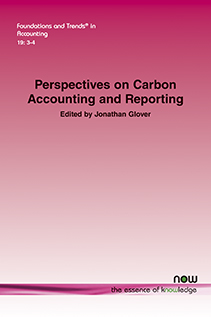Automated Product Carbon Footprint Calculation in the Chemical Industry to Steer Decarbonization Along the Value Chain
By Peter Saling, BASF, Germany, peter.saling@basf.com | Alessandro Pistillo, BASF, Germany, alessandro.pistillo@basf.com | Jochen Kurtz, BASF, Germany, jochen.kurtz@basf.com
Abstract
Sustainability Reporting and Controlling extends beyond annual key performance indicator (KPI) disclosures, integrating financial reporting logic into sustainability domains relevant to businesses. This work explores the development of Sustainability Reporting and Controlling within the chemical industry, emphasizing product-level sustainability KPIs such as Product Carbon Footprints (PCF). These KPIs enhance market differentiation, support sustainability-driven business models, and influence customer negotiations. Establishing standardized assessment methodologies is essential for comparability at both product and corporate levels, though current regulations like CSRD and ESRS remain high-level. BASF’s approach to automated and standardized carbon accounting at the product level is presented, highlighting industry collaboration. This work also examines how sustainability metrics can inform business decisions, drive corporate transformation, and support net-zero and circular economy goals. Finally, it discusses the necessity of cross-functional collaboration and sustainability metric simulation for procurement and business management. The approach outlined may serve as a model for broader industry adoption.
Perspectives on Carbon Accounting and Reporting
Double-entry bookkeeping revolutionized financial accountability centuries ago, and today, its principles are shaping a new frontier—carbon accounting. The articles in this issue on Perspectives on Carbon Accounting and Reporting were contributed by leading academic and practitioner experts on carbon accounting. The authors highlight key challenges, including responsibility for Scope 3 emissions, reliance on third-party estimates, the allocation of emissions to products, the importance of integrating carbon accounting with traditional financial and managerial accounting systems, and the need for commonly accepted carbon accounting standards.

Companion
Foundations and Trends® in Accounting, Volume 19, Issue 3-4 Special Issue: Perspectives on Carbon Accounting and Reporting
See the other articles that are also part of this special issue.